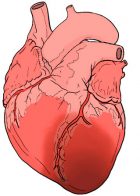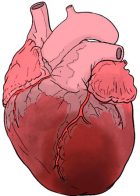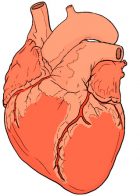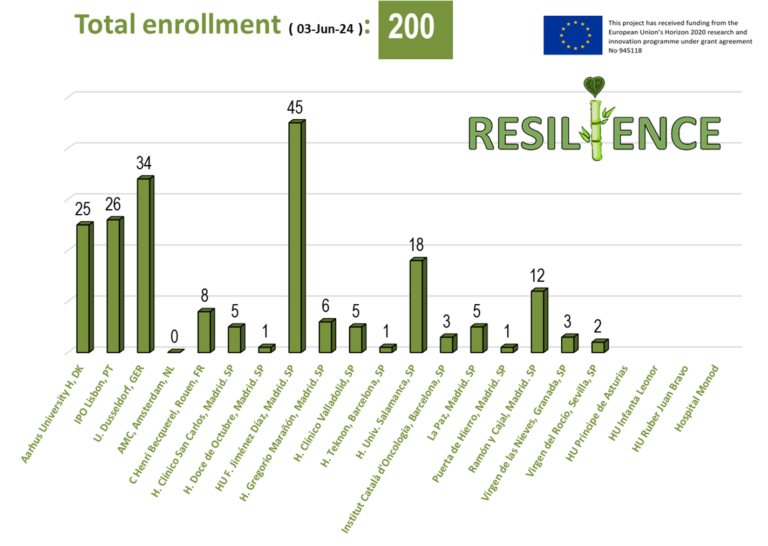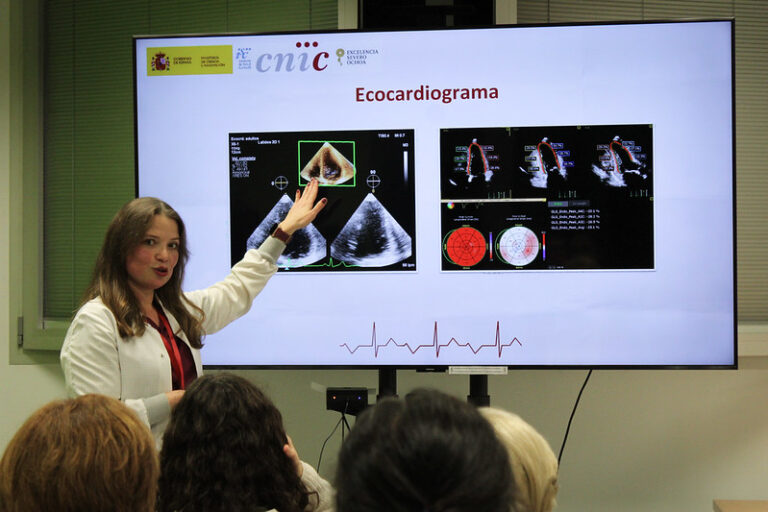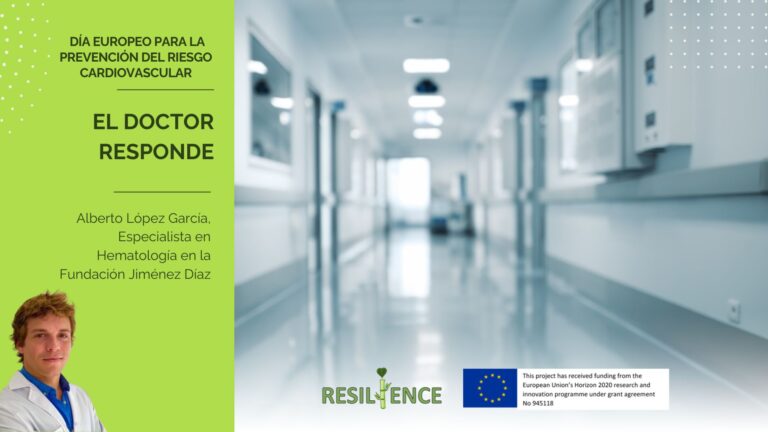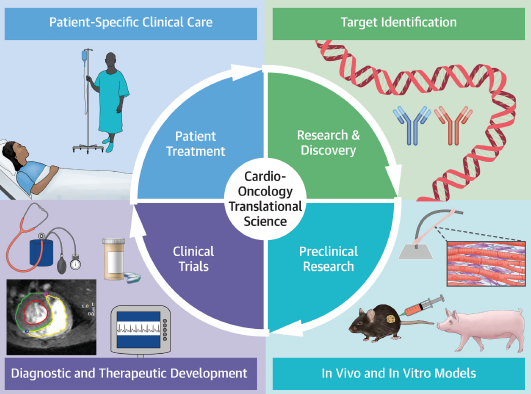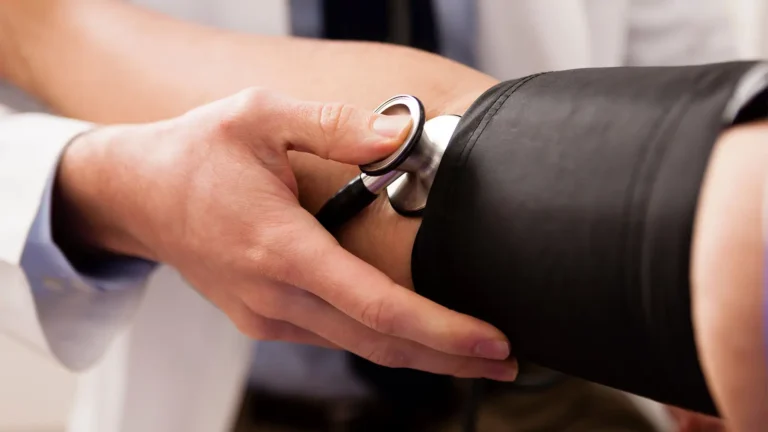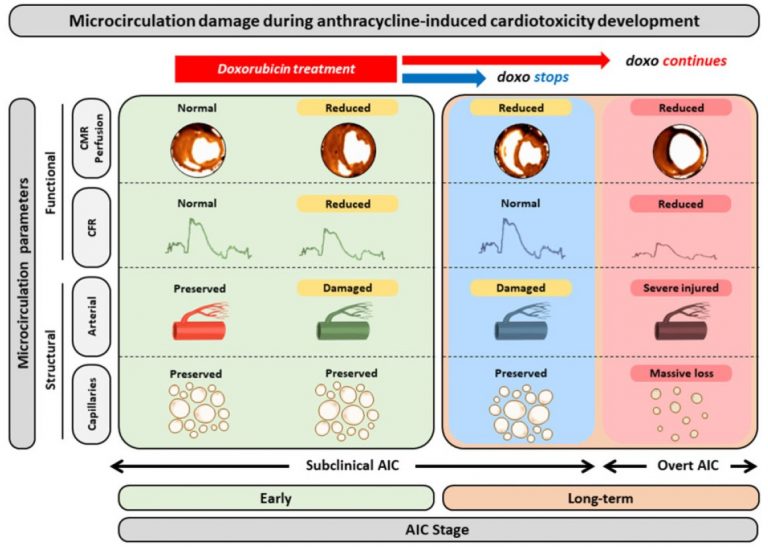Pain is a symptom that accompanies many cancer patients. Managing it in an appropriate and individualized way is essential to promote the well-being of the person during the disease.
We have all experienced pain at some point in our lives. It is defined as an unpleasant sensory and emotional experience, which appears when the body experiences some kind of ailment or discomfort. A large percentage of oncology patients report pain among their various symptoms. However, this can be experienced in very different ways and with varying intensity depending on the person, their tolerance to pain and the extent of the disease. In this blog, we talk about chronic pain in cancer patients.
Since it is a subjective and non-specific indicator, pain in cancer patients does not always respond to the same cause. Although it may indicate that the tumor is growing, it can also be a side effect of cancer treatments such as chemotherapy, radiotherapy or surgery. Regardless of the cause, the reality is that pain is usually a common companion of people with cancer, so it is important to adopt some measures for its correct management.
Guidelines for Chronic Pain Management in Cancer Patients
Cancer patients themselves can follow some basic guidelines to combat chronic pain during illness. Here we summarize some of them:
1. Fluid communication with the medical team.
It is important for the patient to be able to maintain open communication with the professionals, expressing clearly where their pain is located, how long it lasts, in what situations it gets better and worse, how it interferes with their routine, etc. All of this will help the doctors to alleviate this discomfort in the most appropriate way possible. Likewise, it is important for the person with cancer to indicate when the drugs are no longer effective so the medical team can evaluate other alternatives.
2. Adequate adherence to pharmacological treatment
When a cancer patient suffers chronic pain, it is not enough to take medication during the peaks of maximum pain. Usually, the physician will prescribe the taking of the medication under a rigorous schedule that is important to comply with. In the event that the patient finds it impossible to comply with this dosage, he/she should discuss this with his/her physician. It is essential that the patient does not abruptly interrupt the pharmacological treatment, since usually the dosage of pain medication should be reduced gradually.
3. Physical activity
When a cancer patient is in pain, it is normal for physical activity to be drastically reduced. However, as the drugs take effect, it is advisable to progressively increase the levels of exercise. Always under medical supervision and on an individualized basis in each case, it is advisable to recover movement, as this can contribute to reducing the intensity of chronic pain.
4. Psychological management of pain
In addition to the use of pain medication, it is important to consider the psychological dimension of pain. Some conditions such as anxiety or depression can increase perceived pain, so if this is the case, it is important that the patient can seek the support of a specialized mental health professional.
RESILIENCE and pain in cancer patients
Anthracyclines remain the first-line treatment for many types of cancer, but up to 35% of patients receiving it may develop cardiac toxicity and chronic heart failure. This not only worsens their quality of life, but can also cause them pain. In fact, cardiac diseases can cause painful processes in different areas of the body: chest, neck, abdomen, back, etc.
The RESILIENCE project aims to reduce the incidence of heart failure in patients who have overcome cancer. The clinical trial is currently focused on patients with non-Hodgkin’s lymphoma who receive chemotherapy treatment with anthracyclines (at least 5 cycles).
If you would like to know more about our clinical trial, do not hesitate to contact us.

